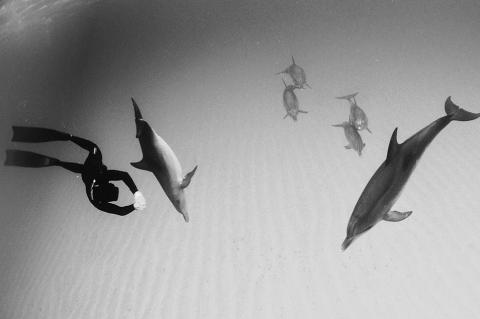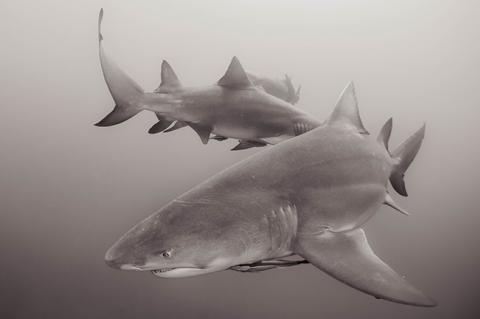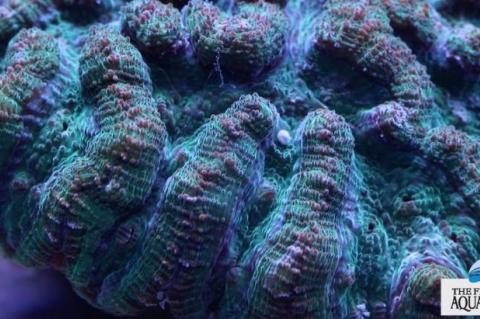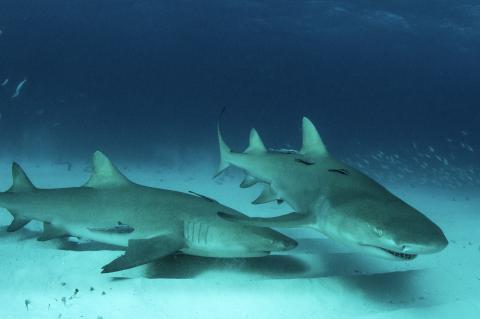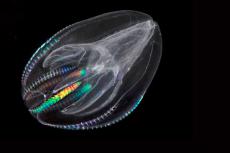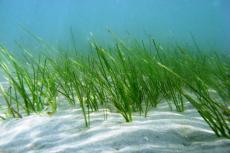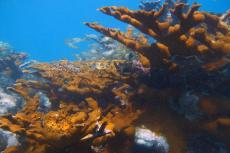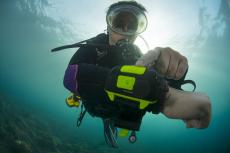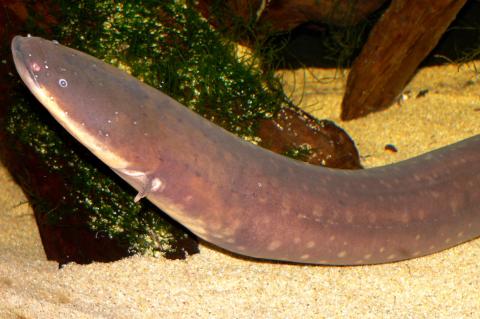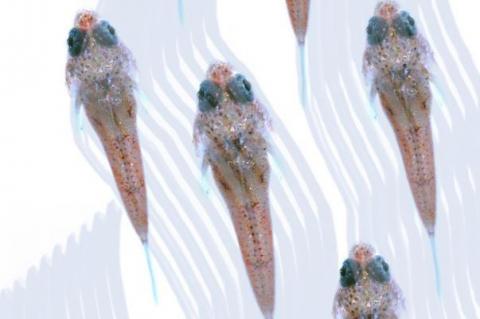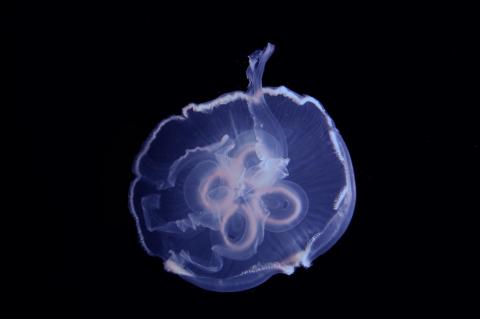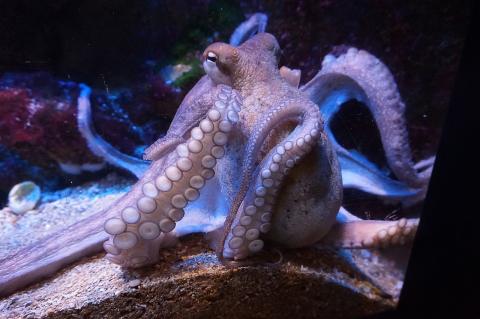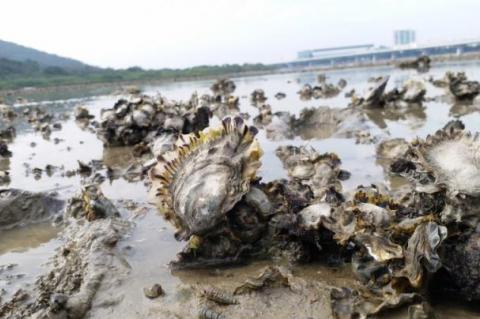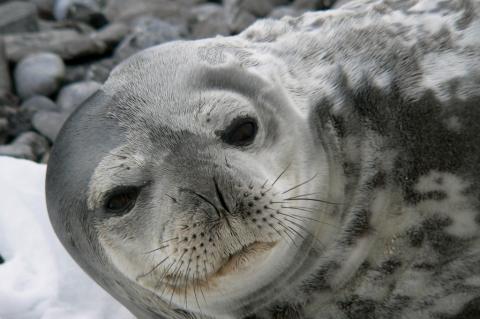Antarctic krill unfazed by future ocean acidification
The Antarctic krill is an essential part of the food chain in the Antarctic, serving as prey for many marine mammals and birds. How will rising ocean acidification affect this species?
New research has found that Antarctic krill would be largely unaffected by the higher levels of ocean acidification predicted for the next 100 to 300 years.
"Our study found that adult krill are able to survive, grow and mature when exposed for up to one year to ocean acidification levels that can be expected this century," said the study’s lead author PhD student Jess Ericson. Hailing from the Institute of Marine and Antarctic Studies at the University of Tasmania, she added that the long-term lab study was the first of its kind.
The findings of the study was published in the Communications Biology journal.
The study lasted 46 weeks, during which researchers reared adult krill in seawater in the lab at different pH levels, including present-day levels, levels predicted within 100 to 300 years and up to an extreme level.
Then, they measured various physiological and biochemical variables to find out how ocean acidification in the future might affect the krill’s survival, size, lipid stores, reproduction, metabolism and extracellular fluid.
It was discovered that adult krill could actively maintain the acid base balance of their body fluids as seawater pH levels decreased, thereby enhancing their resilience to ocean acidification.
As krill is an essential part in the Antarctic food chain, the findings on their resilience are significant.
"However, the persistence of krill in a changing ocean will also depend on how they respond to ocean acidification in synergy with other stressors, such as ocean warming and decreases in sea ice extent," Ericson cautioned.




